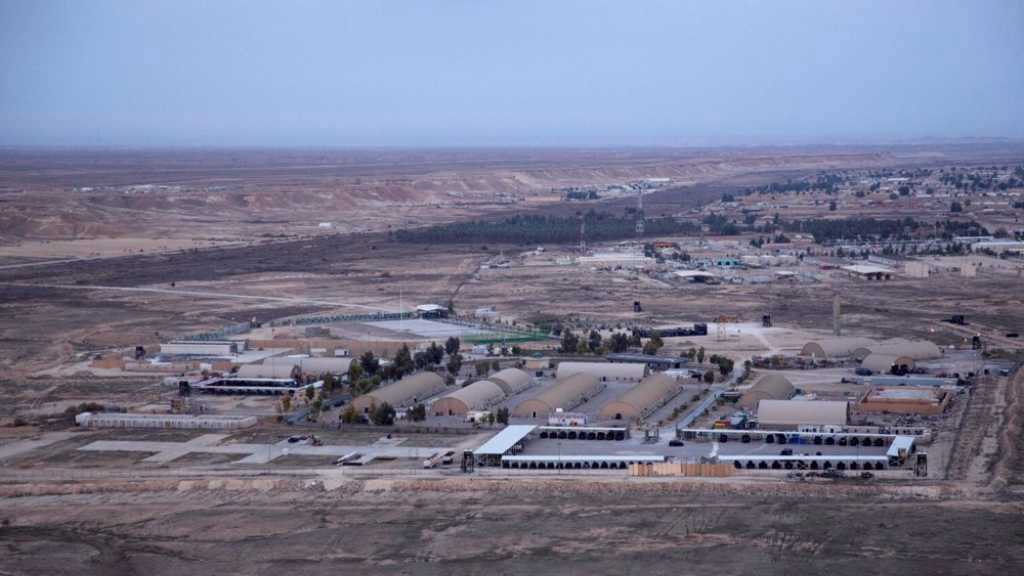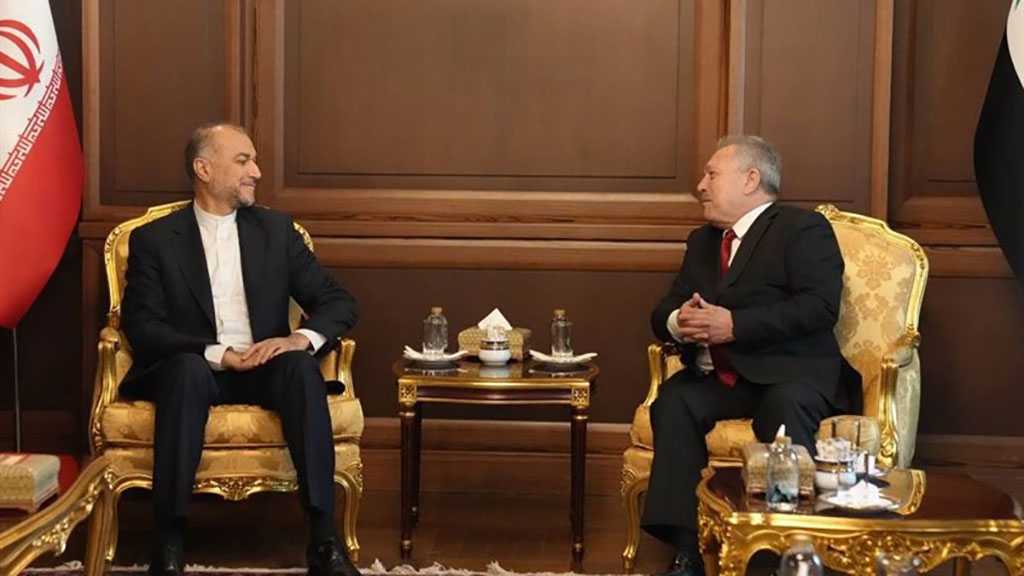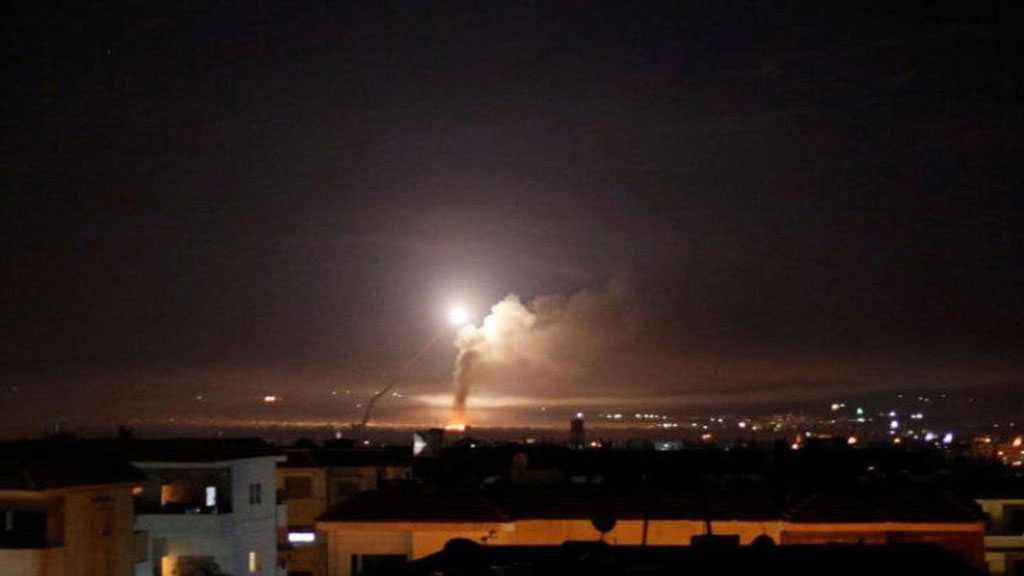
The Independent: Aleppo’s Biggest Victory A Result of Allies’ Commitment
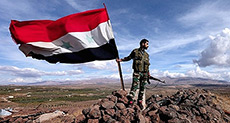
Local Editor
As the Syrian Army scored a sounding victory against terrorist groups in Aleppo, the Independent daily chose to shed light on the meanings of such victory.

In its analysis, the British daily viewed that "the insurgents are losing because Turkey, Saudi Arabia and Qatar are not coming to help them."
"The Syrian armed forces are close to capturing the remaining rebel-held districts in the enclave of east Aleppo, bringing them their biggest victory in five years of war," Patrick Cockburn wrote in the daily.
According to Cockburn, "When Assad was losing he went to the Russians, Iranians, Iraqis and Hizbullah and asked for more support. Likewise, the insurgents looked to their external allies when they were on the retreat. This time round this has not happened. The Russian military intervention in September 2015 finally and permanently tipped the balance of power Assad's favor."
He further added: "Saudi Arabia took over in 2013 from Qatar as the biggest Arab ally of the insurgency. Until quite late in the day, the Saudis and the Arab Gulf states remained convinced that Assad would be defeated and overthrown like Muammar Gaddafi in Libya in 2011. They exaggerated the likelihood of US military intervention against Assad though President Obama had made clear his wish not to be sucked into another quagmire in the Middle East after the US experience in Iraq and Afghanistan."
With respect to the Turkish position, the writer highlighted that Ankara's "main concern is the de facto Syrian Kurdish state that stretches across northern Syria just south of its frontier. The failed military coup of 15 July and the consequent purge makes it dubious how far President Recep Tayyip Erdogan can effectively intervene at this stage in the war."
In addition, he concluded "al-Assad was always likely to stay in power because the upper ranks of his regime were united, he had a powerful army but, above all, because Russia and Iran were always more committed to his survival than Turkey, Saudi Arabia, Qatar and the US were to regime change."
Source: The Independent, Edited by website team
Comments
- Related News
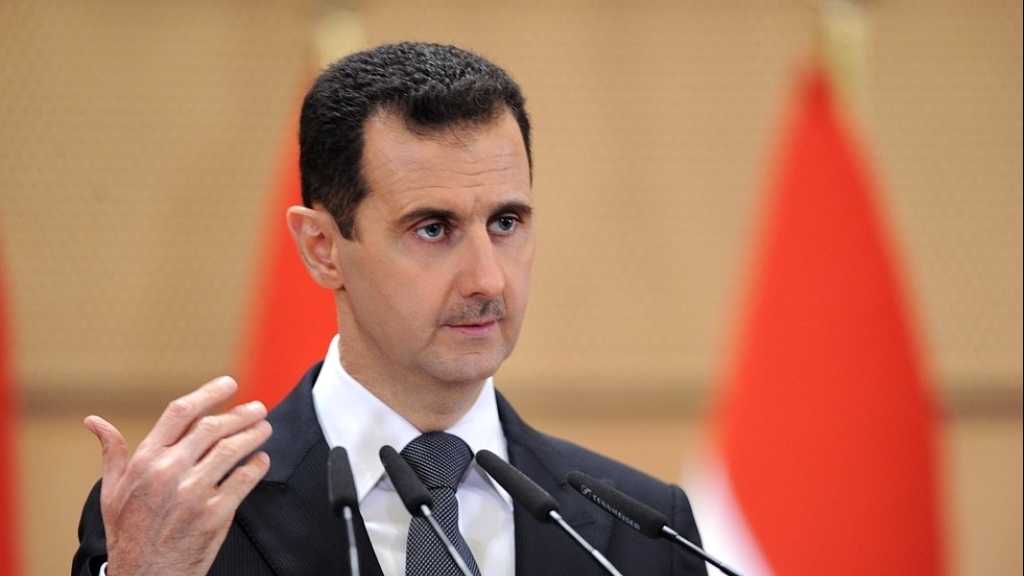
Al-Assad: Palestinian Resistance Defeated ‘Israel’
4 months ago